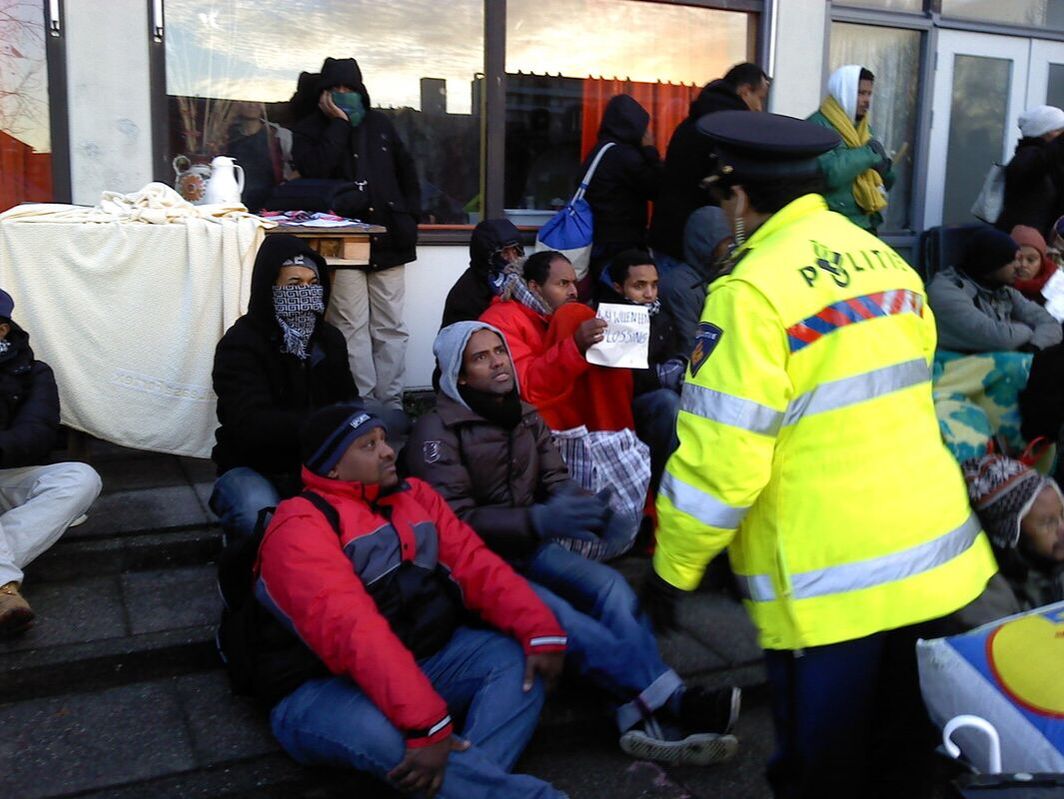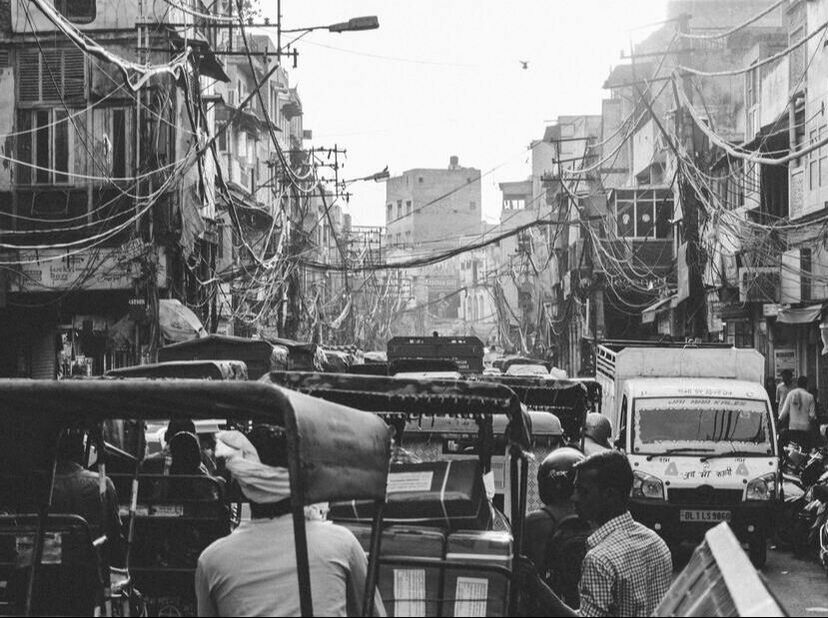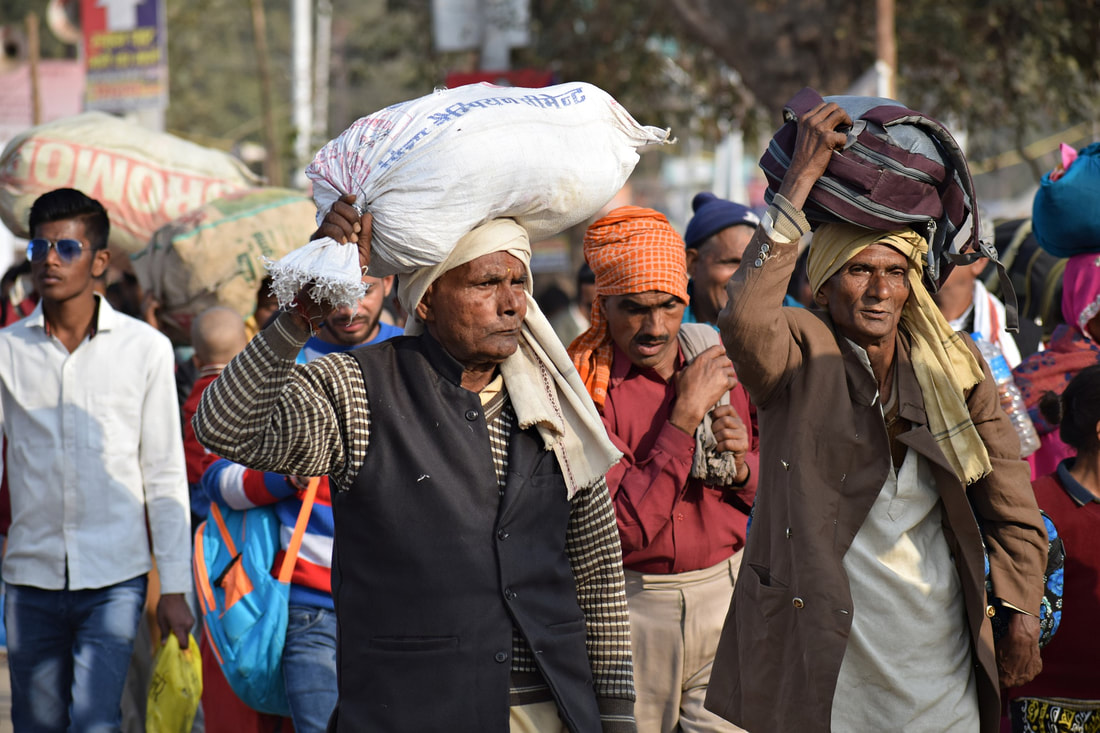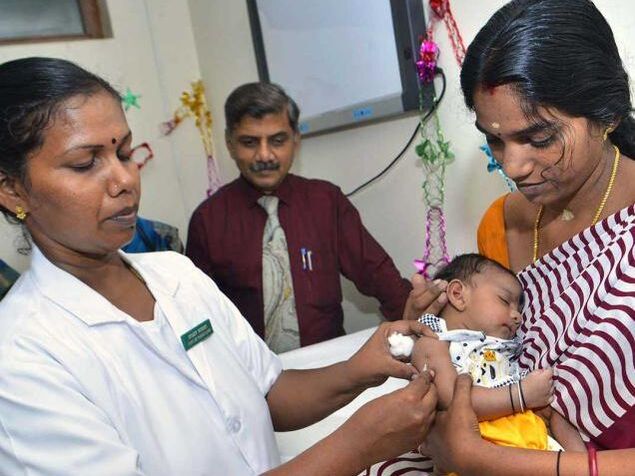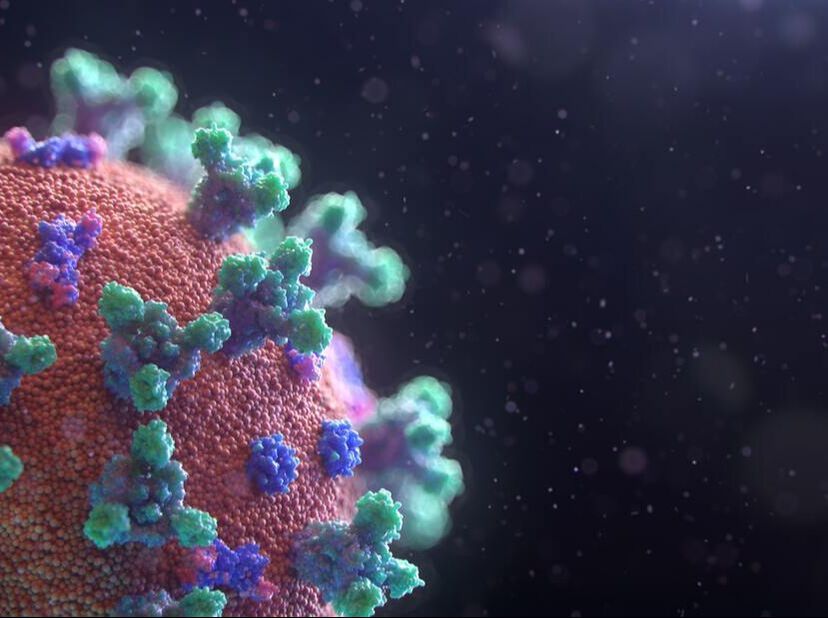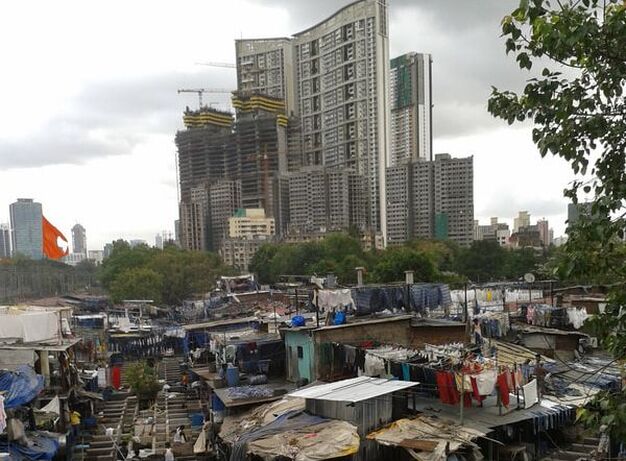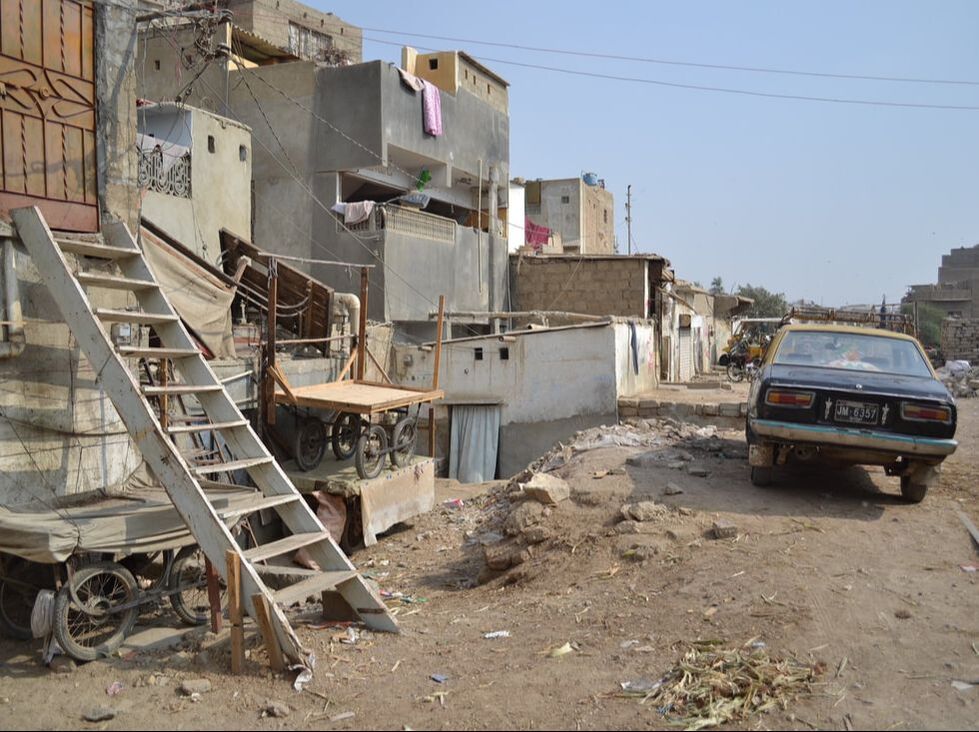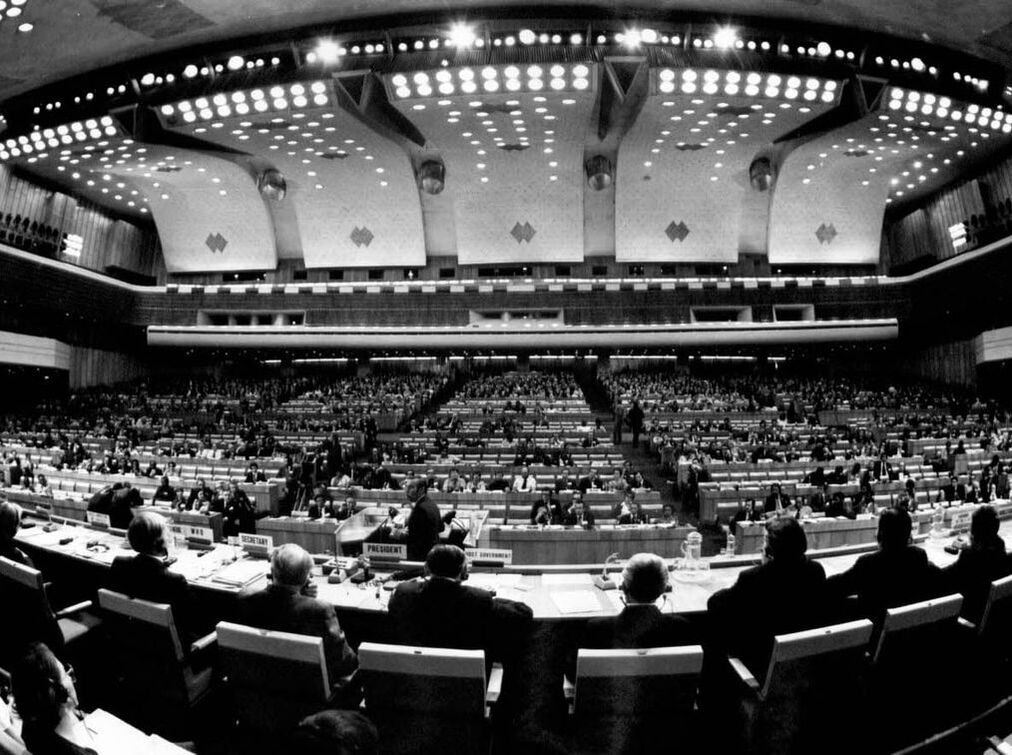|
Barak Kalir, University of Amsterdam, Netherlands
Illegalised migrants – people who are denoted an illegal status by the state authorities and are thereby rendered deportable (undocumented/irregular migrants and so-called failed or bogus asylum seekers) – mostly find work in notorious 3D jobs: dirty, dangerous and demanding. An oppressive treatment of illegalised migrants by the authorities presents this already marginalised and weak population with 3D threats: desertion, detention and deportation. In the wake of the COVID-19 pandemia these threats take on new dimensions in placing illegalised migrants under increased and palpable risk for their lives. Declaring people’s status 'illegal', state institutions often deny them access to healthcare services, shelter and other basic needs. The new realities of the COVID-19 pandemia throw into question the institutional approach in managing illegalised migrants. Beyond the inhumanity implicit in abandoning tens of thousands of people within states’ sovereign territory, can states now afford not knowing the whereabouts of illegalised migrants and their health condition? At a time that criminals are released from prisons in light of the COVID-19 risk, is administrative detention of non-criminal migrants can be considered an appropriate policy?
0 Comments
Sankara Krishna, University of Hawaii, USA A pivotal moment in Arundhati Roy’s novel The God of Small Things is rendered by her as 'the kind of time in the life of a family when something happens to nudge its hidden morality from its resting place and make it bubble to the surface and float for a while. In clear view. For everyone to see' (Roy 2008: 35).
Santosh K Singh, Ambedkar University, India Why did the migrants decide to return to their villages in this crisis, given that villages have mostly been portrayed as hopeless and redundant by sociologists?
Gitanjali Chaturvedi, Switzerland The new coronavirus COVID-19 pandemic is savage in its rapid geographic spread and severity. As it infects an unprecedented number of people, claims more lives and throws surprises every day, it is worthwhile to take lessons from public health experiences in the past, notably those learnt during the polio campaign in South Asia and the African continent. These lessons hinge on leveraging community mobilisers – an army of women skilled at interpersonal communication – and community leaders to ensure sustained behaviours necessary to minimise transmission. Finally, the surveillance network established for polio should be used extensively for contact tracing and isolating infected persons to contain the virus.
Ayo Wahlberg, University of Copenhagen, Denmark In biological terms, COVID-19 has proven to be extremely virulent for some (elderly and people with underlying medical conditions in particular), while very much less so for most others. Yet, in a socio-economic sense COVID-19 already ranks as one of the most virulent viruses ever, having thrust millions of people into unemployment (many of whom were already living highly precarious lives) and having brought healthcare systems in, among other cities, Milano, Madrid and New York City to the brink of collapse. In this essay, I suggest that the COVID-19 pandemic has laid bare failures of government rooted in decades of structural adjustment, austerity and commercialisation in healthcare throughout the world.
Federico Picerni, Ca’ Foscari University, Italy The present contribution addresses how the coronavirus emergency saw Italy, the second epicentre and the first non-Asian one, contradictorily rearticulate its relation with the Other, now both perilous, in a resurgence of the yellow peril mystique, and attractive, in explicit or surreptitious references to the 'Chinese model'.
Christopher J. Lee, Lafayette College, USA This essay frames the current pandemic of COVID-19 with the idea of 'necropolitics', which was first proposed by the Cameroonian historian and political theorist Achille Mbembe. It argues that this idea is useful for addressing how austerity and the privatisation of medical care in the United States and Britain specifically have left these countries at a disadvantage in the face of COVID-19, by being unable to sustain the life of its citizens. COVID-19 has consequently generated a crisis of sovereignty for these and other countries.
Maansi Parpiani, University of Copenhagen, Denmark The imposition of a lockdown by the Indian state mandated everyone to stay at home to prevent the further spread of COVID-19. Faced with loss of livelihood and threat of evictions, this was not possible for India’s informal workers. As they ventured out and became visible, their bodies became marked as criminal carriers of disease.
Arsam Saleem and Nausheen H. Anwar, Karachi Urban Lab, Pakistan As the pandemic-induced lockdown of Karachi, Pakistan’s largest city of 20 million people, enters its third week, we offer some observations about the rapidly changing urban terrain. Based on our earlier research on evictions and land displacements in income poor informal settlements spread across the city, we consider COVID-19 as a force that not only affects the politics and governance of everyday life, but also lays bare the socio-spatial inequalities that have been central to the workings of Pakistan’s postcolonial governance.
Steven L. B. Jensen, Danish Institute for Human Rights, Denmark On 14 April 2020, President Trump announced that the United States has suspended funding to the World Health Organization (WHO) in the midst of a global health crisis. The COVID-19 pandemic has provided people around the world with a crash course in global health, epidemiology and virology. However, to protect ourselves and our democracies we also need to understand the nature of health internationalism and the conditions under which it functions in a world of state sovereignty. Internationalism is a form of politics and it needs its constituencies. The alternative is the politics of 'the many more body bags'.
|
The Viral Condition: Identities
|
Explore Identities at tandfonline.com/GIDE |
|
The views and opinions expressed on The Identities Blog are solely those of the original blog post authors, and not of the journal, Taylor & Francis Group or the University of Glasgow.
